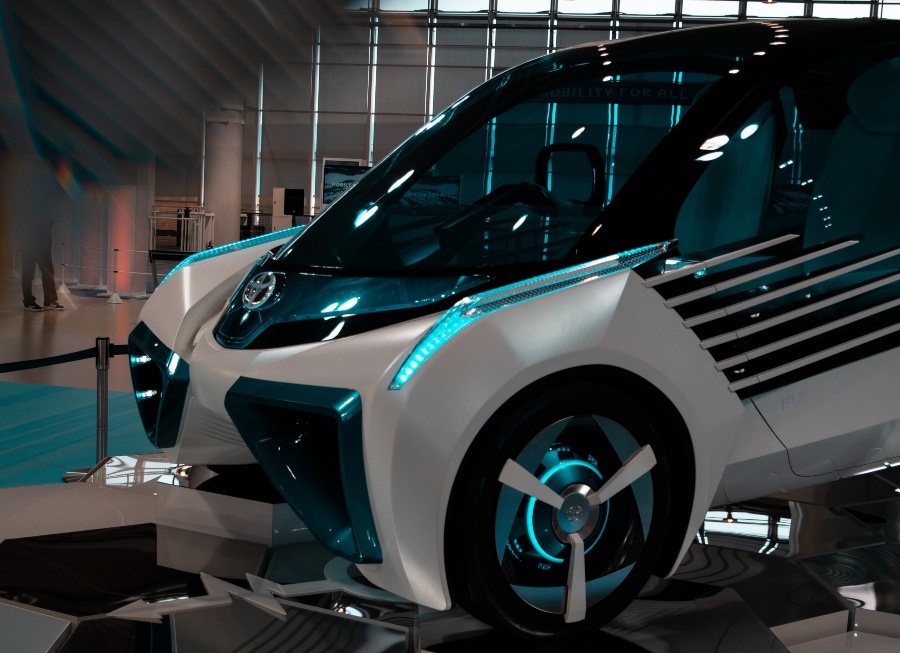
The green movement is influencing sustainable shifts in the global energy sector. Engineers and environmentalists are on the hunt for low-impact power sources to meet emission-reduction goals. Countries are creating sustainability goals to protect humanity, the environment, and natural resource supplies.
Individuals can reduce their fossil fuel reliance and shrink their carbon footprints. They may transition away from gas by adopting fuel cell technologies. Fuel cells use hydrogen and other low-impact materials to generate emission-free electricity.
Finding the Best Product for Your Needs
Consumers can choose the best fuel cell technologies for their needs by exploring different devices on the market. First, individuals must identify their applications and requirements.
Powering a vehicle with emission-free electricity requires large-scale fuel cells.
Individuals can invest in smaller fuel cell technologies when powering small appliances. Different fuel cell technologies also offer varying sustainability features. Green hydrogen fuel cells are the most sustainable option on the market.
The technology source relies on renewables to access hydrogen as fuel. Green hydrogen eliminates greenhouse gas emissions and generates clean water. Consumers may invest in green hydrogen fuel cells to shrink their footprints.
Evaluate the Manufacturer’s Technology Roadmap and Life Cycle
Another way to choose the best fuel cell option is by evaluating a system’s roadmap and life cycle assessment. Replacing gas-powered appliances with fuel cell technologies can improve the success and longevity of the transition. Individuals may explore the long-term efficiency, maintenance costs, and durability of fuel cell technologies before making an investment.
Class 1 and class 2 fuel cell systems may cost between $32,000 and $34,000 without accounting for their batteries. Some fuel cells are more efficient than other options and have lower maintenance demands. Investing in low-maintenance technologies can improve cost savings over time.
High-efficiency fuel cells are also more sustainable because they produce less municipal solid waste (MSW) over time. If consumers are using fuel cell technologies to improve their sustainability measures, they may invest in devices with longer lifecycles.
Review a Supplier’s Credentials and Qualifications
Individuals can also make beneficial fuel cell purchases by assessing a supplier’s credentials. Consumers looking to shrink their footprints may find fuel cell suppliers with cradle-to-cradle certifications. Cradle-to-cradle products are more sustainable because they produce less waste over time and improve material recyclability. Recyclable fuel cell materials may support a circular economy.
Individuals may also assess a company’s values and culture before investing in long-lasting fuel cell technologies. Consumers may connect with suppliers for extended periods, so finding a knowledgeable and supportive team is essential.
Explore a Supplier’s Service Options
Original equipment manufacturer (OEM) parts help suppliers easily service damaged fuel cell technologies. Hiring a fuel cell supplier who uses OEM parts can enhance a device’s longevity. The components fit and function in alignment with the system’s original design.
Finding a supplier that services fuel cells throughout their lifetime may improve the technology’s cost efficiency. OEM parts generally operate more efficiently than third-party equipment. Servicing fuel cell technologies through original suppliers may be more expensive but the devices may last longer.
Another beneficial supplier service option handles end-of-life waste and recycling. Some fuel cell companies repair racks and other parts to minimize MSW. Finding efficient fuel cell servicing professionals can improve sustainability efforts and your return on investment.
Transitioning Away from Fossil Fuels
Individuals can ease their transitions away from fossil fuels toward fuel cells by purchasing electric appliances. Consumers can also apply for renewable tax incentives when adopting green hydrogen cells for emission-free electricity.
The tax credits help individuals financially support their sustainable transitions. They may also work with fuel cell professionals to apply the most compatible technologies to their current needs.


Jane Marsh, Contributor
The views and opinions expressed herein are those of the authors and do not necessarily reflect the official policy or position of Fuel Cells Works, its directors, partners, staff, contributors, or suppliers. Any content provided by our contributors or authors are of their own opinion and are not intended to malign any religion, ethnic group, club, organization, company, individual or anyone or anything.
Read the most up to date Fuel Cell and Hydrogen Industry news at FuelCellsWorks




